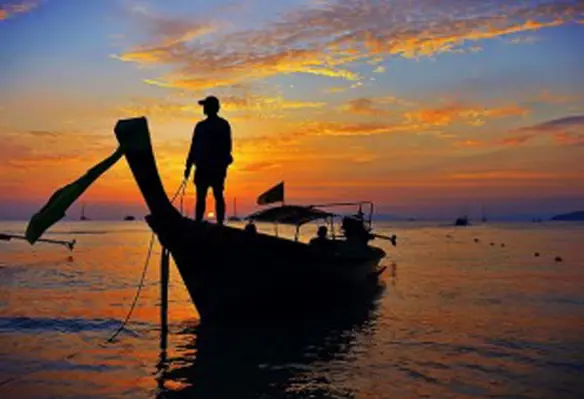The UN’s Food and Agriculture Organisation (FAO) has launched a recovery programme to help more than 70,000 Indonesian farmers and fishers grow food and fish again following a series of disasters that devastated their lives over a month ago
Indonesia’s deadliest earthquake has wracked havoc on people’s homes and lands, causing widespread loss of life and displacement.
There is a high risk of further crop losses due to reduced agricultural labour, loss of stored agricultural supplies and limited access to seeds, fertilisers, tools and irrigation. Several fisheries and aquaculture facilities including fish hatcheries, landing sites, boats and fishing equipment have also been severely damaged or lost. More than 200,000 people have been displaced and more than 3,000 people have lost their lives or are missing due to the recent disasters.
FAO aims to reach 50,000 farmers with vegetable seeds, fertilisers and small hand tools, such as shovels and hoes. A further 20,000 fishers will receive fishing equipment kits. The families live in areas that were hardest hit by the disasters – Donggala, Sigi, Palu and Parigi Moutong in Central Sulawesi Province.
To date, it is estimated that about 10,000 ha of agricultural land has been damaged, with rice and maize crops being most affected. The loss of vegetable production is also estimated to be particularly high. In Sigi District, damage to the main irrigation system has cut off the water supply to more than 8,000 ha of farming land and aquaculture area.
FAO is also setting up a cash assistance scheme to support 4,000 pregnant women and mothers with children under five years old to enable them to access the nutritious food they need.
“Families in Central Sulawesi highly depend on farming and fishing. For most, this is their only source of food and income. Now, this has been taken away from them. They lost their crops and their means to grow or access food again – their farming tools, seeds, and fishing gears,” said Stephen Rudgard, FAO representative in Indonesia.




